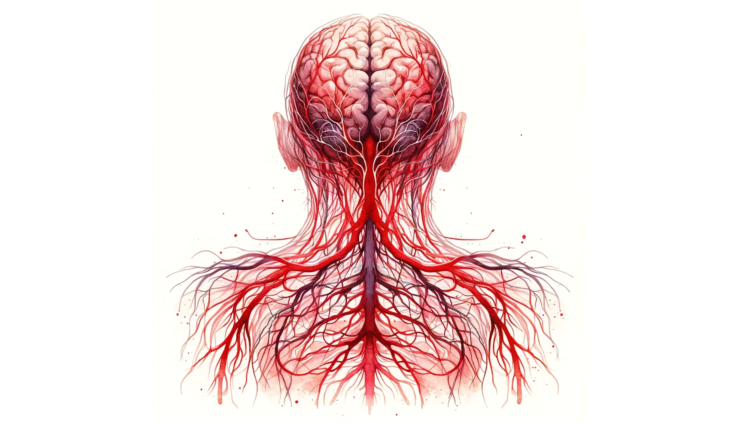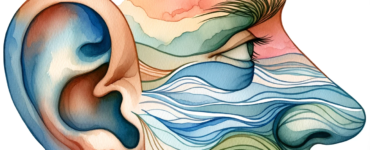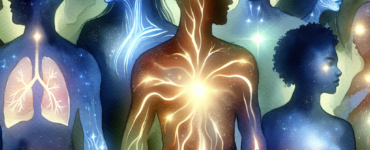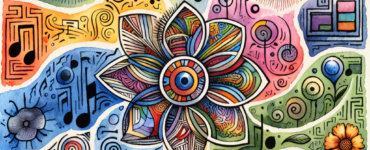The idea that humans have only five senses is a common belief, but it’s actually a bit of a myth. Traditionally, these five senses are sight, hearing, taste, smell, and touch. However, this framework is quite simplistic and doesn’t fully capture the complexity of human sensory experience.((https://www.thenakedscientists.com/articles/interviews/myth-you-have-five-senses))
Additional Senses:
- Proprioception: This is knowing where your body parts are in space. It’s crucial for coordination and movement.((https://www.sciencedirect.com/topics/neuroscience/proprioception))
- Thermoception: The ability to sense temperature changes, such as feeling hot or cold.((https://www.journeythroughthesenses.org/temperature/))
- Equilibrioception: The sense of balance, largely managed by the inner ear.((https://www.biologyonline.com/dictionary/equilibrioception))
- Nociception: Pain perception differs from touch and is crucial for avoiding injury.((https://www.ncbi.nlm.nih.gov/books/NBK470255/)),((https://www.physio-pedia.com/Nociception))
- Interoception: The sense of the internal state of the body, like hunger, thirst, or the need for rest.((https://kids.frontiersin.org/articles/10.3389/frym.2021.558246))
Beyond Five Senses:
- Modern science suggests that humans have at least 9 to 21 senses, depending on how one defines a “sense.”((https://www.nytimes.com/1964/03/15/archives/we-have-more-than-five-senses-most-people-take-the-faculties-of.html))
- Some of these senses, like proprioception, are essential for everyday activities but often go unnoticed because they operate seamlessly in the background.((https://www.webmd.com/brain/what-is-proprioception))
- The five-sense model is deeply rooted in Western thought, particularly from the work of Aristotle. It’s a useful framework but doesn’t encompass the full range of human sensory abilities.((https://www.sensorytrust.org.uk/blog/how-many-senses-do-we-have))
Understanding that we have more than five senses expands our comprehension of human perception and how we interact with our environment. This knowledge has implications in various fields, from medicine to technology, and helps us appreciate the complexity of the human body.






































Add comment